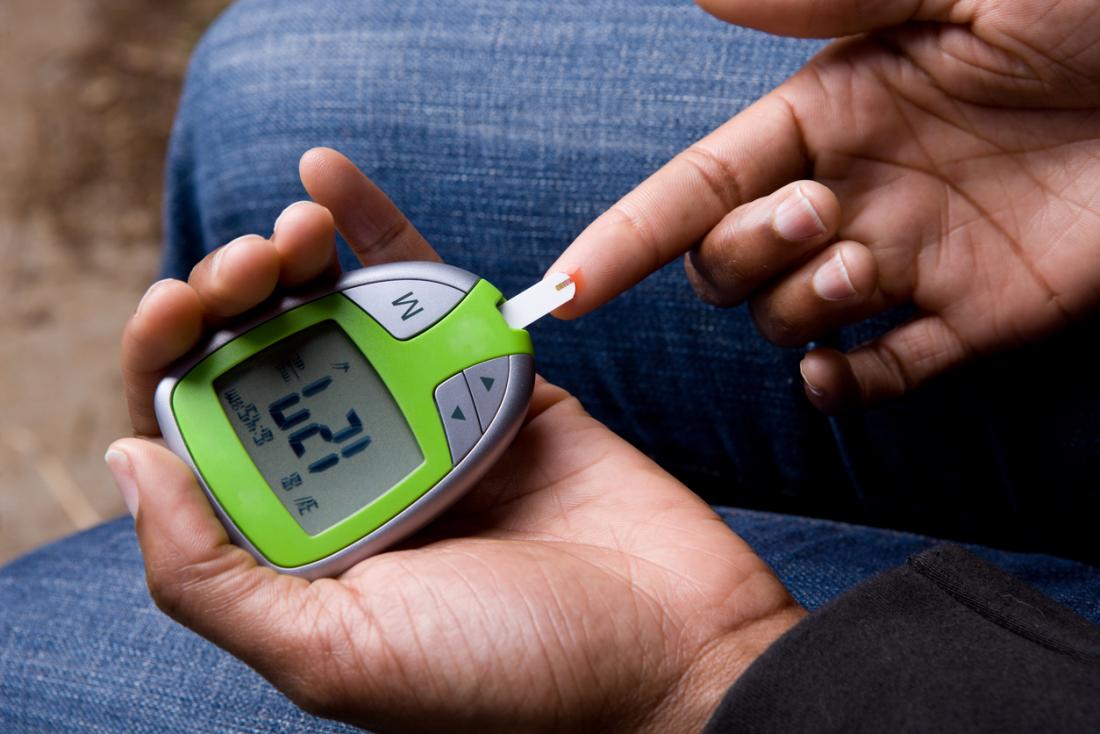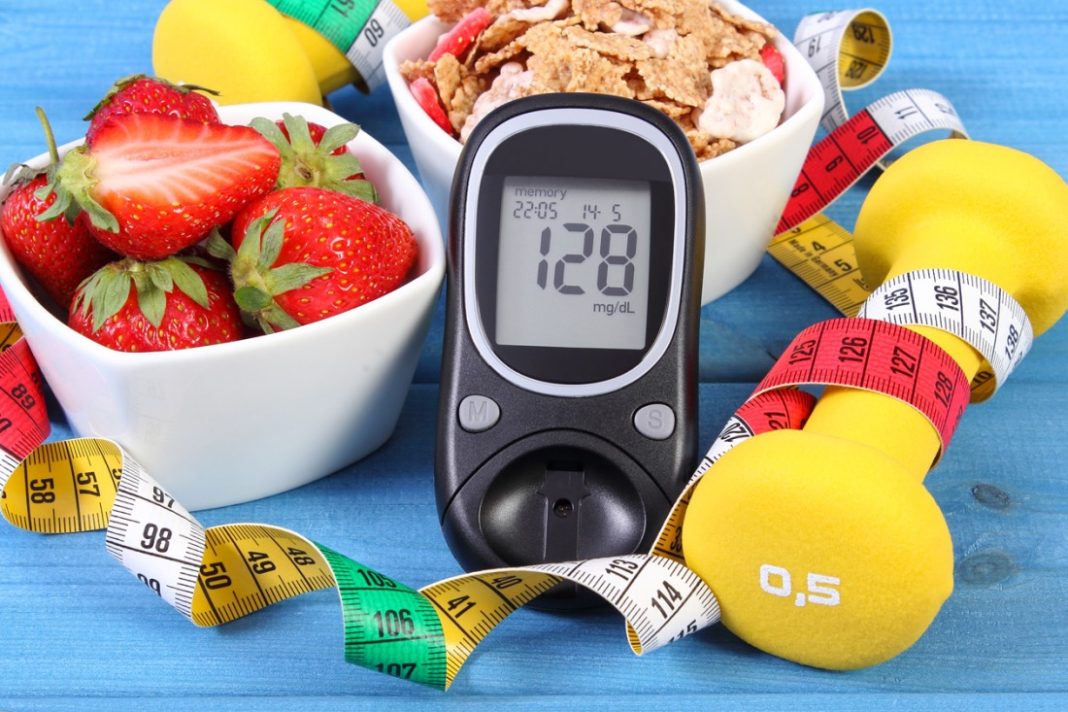The human body is a finely tuned machine, with all its systems working together to maintain balance. One critical facet of this equilibrium is blood sugar, also known as blood glucose. As the primary source of energy for the cells that make up our muscles and tissues, maintaining a balanced blood sugar level is vital to our health and well-being.
Unfortunately, several factors can tip these levels off-balance, leading to various health complications. Blood sugar imbalance often manifests in subtle signs that may be easy to overlook. Recognizing these signals is crucial to rectifying the situation before it escalates to a dangerous level.

Understanding Blood Sugar
Before we delve into the signs of blood sugar imbalance, it’s essential to grasp the basic understanding of blood sugar and its role in our body. Our bodies break down the carbohydrates from food into sugars, primarily glucose. This glucose enters our bloodstream, and insulin, a hormone produced by the pancreas, is transported into the cells where it is used for energy.
The body continuously works to maintain a stable glucose level in the blood. However, certain factors such as diet, physical activity, stress, and existing health conditions can cause blood sugar levels to fluctuate, leading to imbalances.

Signs of Blood Sugar Imbalance
Recognizing the signs of blood sugar imbalance can prompt you to seek medical attention, helping to prevent potential complications. Here are five indicators to watch for:
1. Fatigue
Feeling tired all the time, regardless of how much sleep you get, could be a sign of high or low blood sugar. When your blood sugar is too high, your cells may not be getting the glucose they need for energy. Conversely, when your blood sugar is too low, there’s not enough fuel to keep your body running optimally.
2. Frequent Thirst and Urination
When your blood sugar is too high, your kidneys work overtime to process and expel the excess glucose through urine. This process pulls fluids from your tissues, leading to increased thirst as your body tries to replenish its water supply. Consequently, you may find yourself needing to urinate frequently.
3. Unexpected Weight Changes
Unexplained weight loss or gain can be a sign of blood sugar imbalance. Suppose your body’s insulin production is impaired. In that case, glucose cannot be adequately transported into cells for energy, causing your body to burn fat and muscle for energy instead, leading to weight loss. On the other hand, high insulin levels can cause your body to store more fat, leading to weight gain.
4. Blurry Vision
High blood sugar can cause the lens in your eyes to swell, affecting your ability to see. Conversely, low blood sugar can disrupt the function of the cells in your eyes, leading to blurry vision.
5. Slow Healing
High blood sugar levels can affect your body’s healing process. Over time, high glucose levels can impair blood flow and damage the nerves, making it harder for your body to heal wounds.
Wrapping Up
Recognizing the signs of blood sugar imbalance is an important step towards maintaining your health. These symptoms can be subtle and easily overlooked, but early detection and treatment can prevent long-term complications. If you notice any of these signs, seek immediate medical attention. Your health professional will be able to conduct appropriate tests and provide the necessary guidance to help manage your blood sugar levels effectively.







